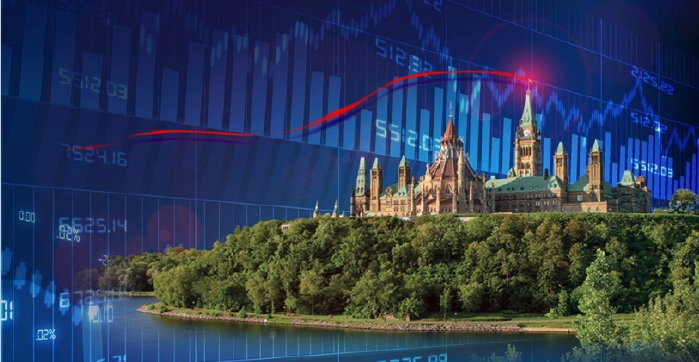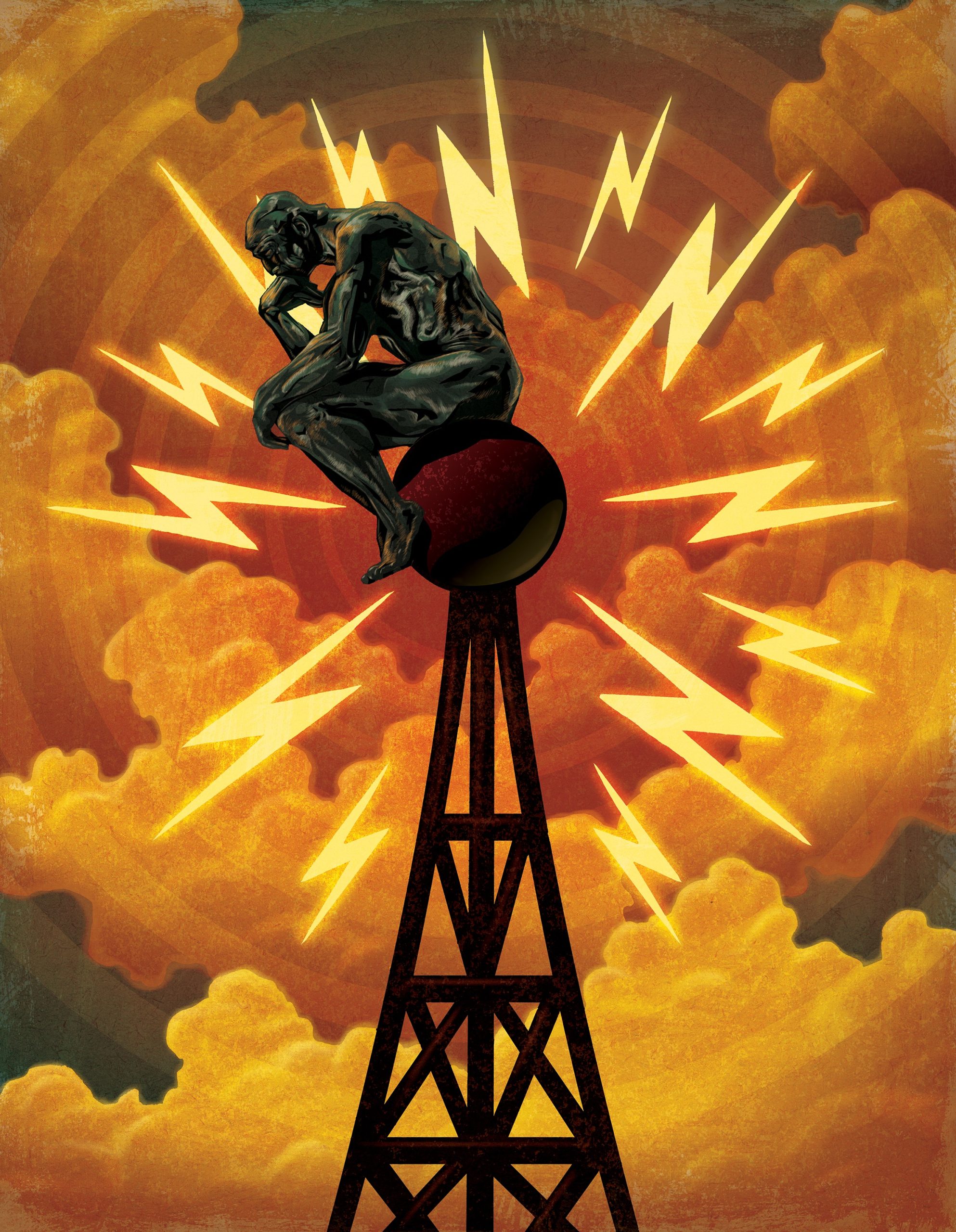Who should police the Internet? The Big Tech platforms, Facebook, YouTube, Twitter, Instagram, etc.? Is this a role for government? Our right to free expression on the internet has been challenged by both the tech platforms themselves and by governments that want to...
Regulation
The Federal Takeover of Canada’s Capital Markets
The proposed federal regulation of Canadian capital markets is of dubious constitutional authority and is a centralist solution in search of a problem. Contrary to the claims of the chief proponents, who enjoy federal funding, it would make markets less harmonious and...
Will the CRTC Ever Join the 21st Century?
By: Peter Menzies June 4, 2018 The CRTC, through the recommendations in its Harnessing Change report released last Thursday, has risked setting back communications regulation by at least a decade and likely made an error in approach that will define...
Unsustainable Debts, Regulatory Structure Holding Utilities Back
Many Canadians might be surprised to learn that the share price-to-free cash flow ratio cannot be used in conducting market-based valuations of utility companies (Crown owned or publicly traded). Nearly all the utilities in North America, and even some Brazilian...
Featured News
The Man who Saved the Plains Indians
At the time of Confederation, Canada’s Plains Indians were in a desperate situation. The same European-introduced guns and horses that resulted in a briefly glorious golden age for them had also resulted in constant inter-tribal warfare and the rapid disappearance of...
Renewed Talk of Abolishing the Indian Act
Political attacks on the Indian Act are back in the news, and that is a good thing. However, Canadian politicians, including First Nation politicians, need a credible plan about what to do before we pull out the champagne. Attacking the Indian Act is not a big deal...
Saskatchewan May Finally Lower Drinking Age to 18
According to today’s Leader-Post, the Saskatchewan Party is considering joining the Alberta and Manitoba in setting the legal minimum drinking age at 18.
Bipartisan Drug Policy Reform
The Huffington Post has an interesting article today about the growing bipartisan nature of drug policy reform in the United States.
Summary of University of Regina Liquor Policy Panel Discussion
Last Thursday I participated in a liquor policy panel at the University of Regina, organized by the Frontier Centre. Also on the panel were Simon Enoch (Canadian Centre for Policy Alternatives), Bev Robertson (Owner, Bushwakker Brewing Company), and Greg Hanwell (Marketing Partner, Beer Bros. Gastropub and Deli).
“Crony capitalism” pits politically connected businesses against everyone else
The Washington Times ran an op-ed today in which the author described how incumbent taxi companies are using their political clout to run revolutionary private car service Uber out of business.
The Debate
Tomorrow, of course, is the big debate. The candidates will face each other to discuss the issues of the day, promote their ideas, prove their desire, and show to the public why they should be Mayor.
Are mandatory bicycle helmet laws a public health problem?
Mandatory helmet laws reduce bicycle ridership. Some people don’t want to wear helmets because they don’t like the way they look, and others don’t want to worry about dragging around a helmet. Given the health benefits of cycling, mandatory helmet laws that reduce ridership can only be considered successful if the lost health benefits come along with a sizable reduction in bicycle related injuries. They don’t.
Cigarette taxes are a disproportionate burden to the poor: (study)
A recent study documented the distributional effects of New York’s high cigarette taxes. The results are staggering: low income New Yorkers now spend nearly a quarter of their income on cigarettes.
Quebec Shouldn’t be Given its Gun Registry Data
The federal government has a duty to oppose Quebec’s bid to obtain and retain information from the now defunct federal long gun registry.
A Coca-Cola Solution to High Gas Prices: Regulations interfere with competitive markets and render all of us more vulnerable to supply disruptions.
When you fill your car with gasoline, you probably think you’re buying a commodity. Just as a Coke bought in Los Angeles is the same as one bought in Boston, a gallon of gasoline purchased one place is the same as one bought elsewhere—right? Wrong. As one refinery executive noted in 2003, “Gasoline is not gasoline anymore. It is a specialty chemical.”



